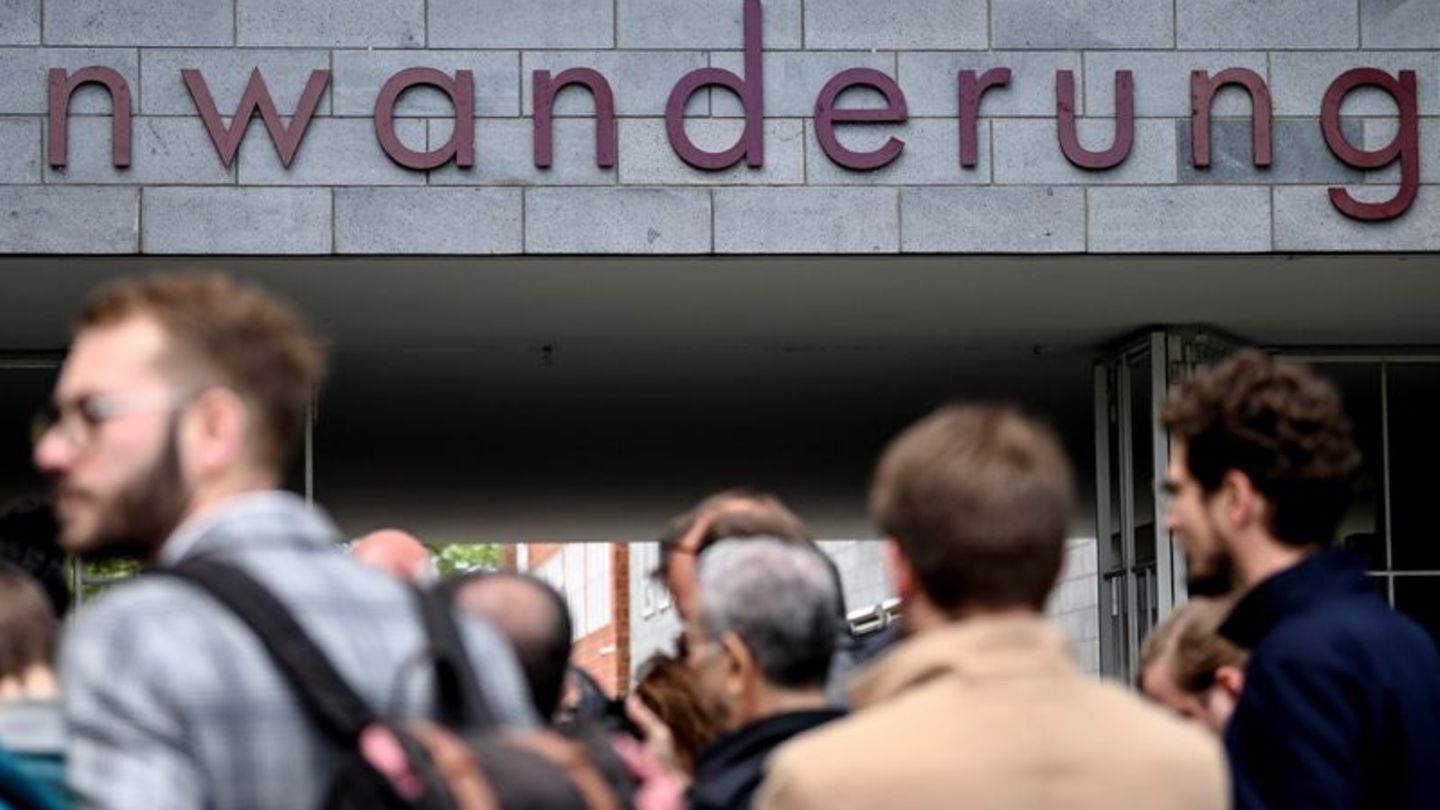The traffic light coalition wanted to flip the switch on migration policy. And that’s what it did. The pace of reform is a real challenge for some officials who have to implement it on the ground.
The new citizenship law has triggered a great demand for the German passport. However, according to the German Association of Cities, the path to naturalization remains long for many foreigners – at least initially.
The general manager of the municipal association, Helmut Dedy, told the German Press Agency that the reform, which came into force on June 27, is often perceived by the public as making naturalization not only easier but also faster. “That is not the case, at least not in the next few months,” he pointed out.
The fact that a large number of new applications are now hitting already heavily burdened offices is initially slowing down the process instead of speeding it up. “Those wishing to naturalize must first have a lot of patience,” explained Dedy.
Naturalization application usually possible after five years
The new citizenship law passed by the SPD, Greens and FDP stipulates that a person is now entitled to naturalization after five years instead of the previous eight years – provided that the applicant meets all the conditions. This includes, for example, that someone is basically able to support themselves.
If they have achieved special integration achievements, foreigners should be able to become German after just three years. The prerequisites for faster naturalization are good performance at school or at work, excellent language skills or voluntary work. Multiple nationality – the so-called dual passport – is generally permitted. In order to recognize the achievements of GDR contract workers and so-called guest workers, the requirements for naturalization have been lowered for them.
Hamburg has increased its staff
At the naturalization authority in the city of Erfurt, the waiting time for processing is currently over a year. The authority then says it needs three to six months to process the application, depending on the complexity of the case. While 68 applications were received in the Thuringian state capital in June, the number was significantly higher in July: 114 applications. In Hamburg, where staff had already been increased as a precaution, according to a spokesperson, the processing time is on average around a year.
Many cities are making a lot of effort and welcoming new citizens with naturalization ceremonies, according to the Association of German Cities. They are also doing everything they can with regard to staff. But General Manager Dedy believes that a limit has been reached here. He says: “The staff shortages that have arisen due to new tasks and the increasing number of processes in the offices cannot simply be eliminated.”
Source: Stern
I have been working in the news industry for over 6 years, first as a reporter and now as an editor. I have covered politics extensively, and my work has appeared in major newspapers and online news outlets around the world. In addition to my writing, I also contribute regularly to 24 Hours World.




